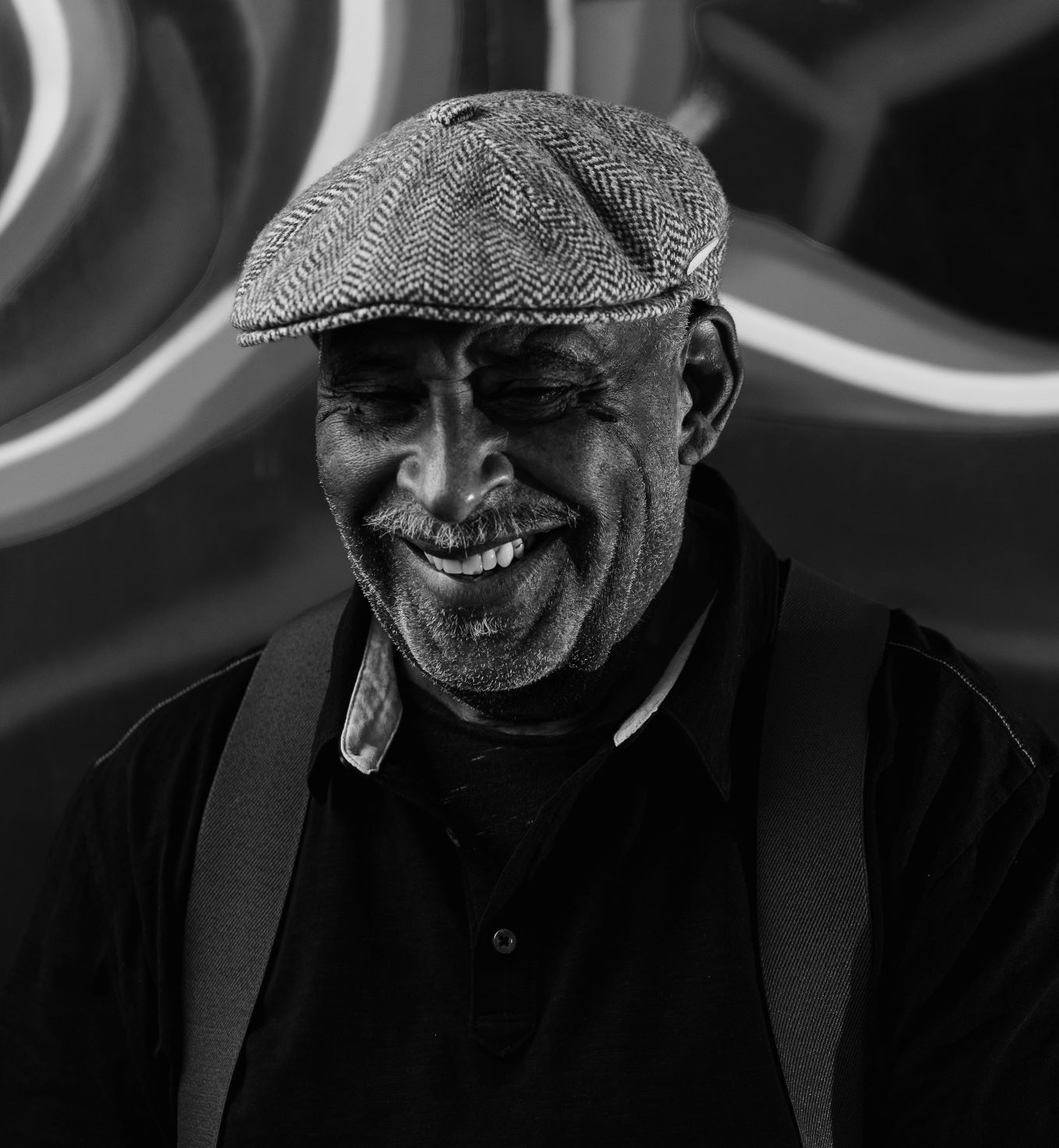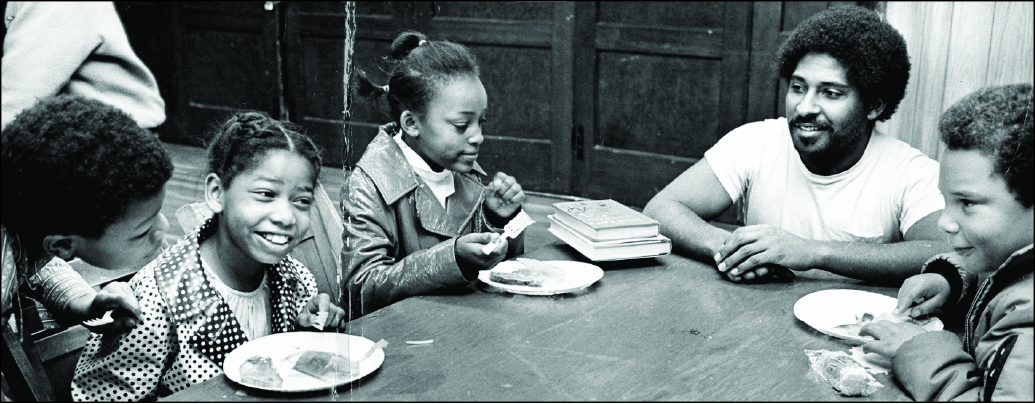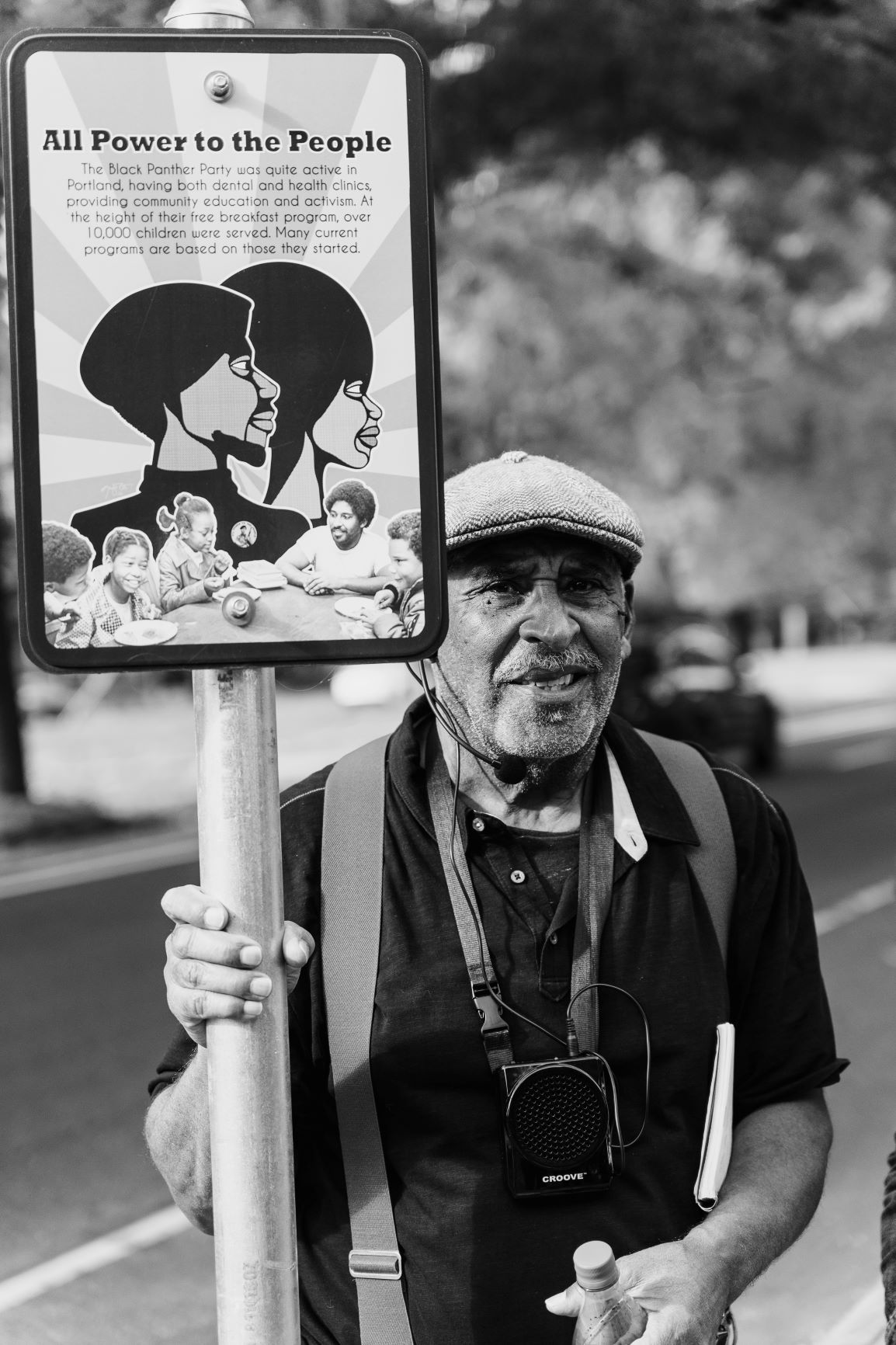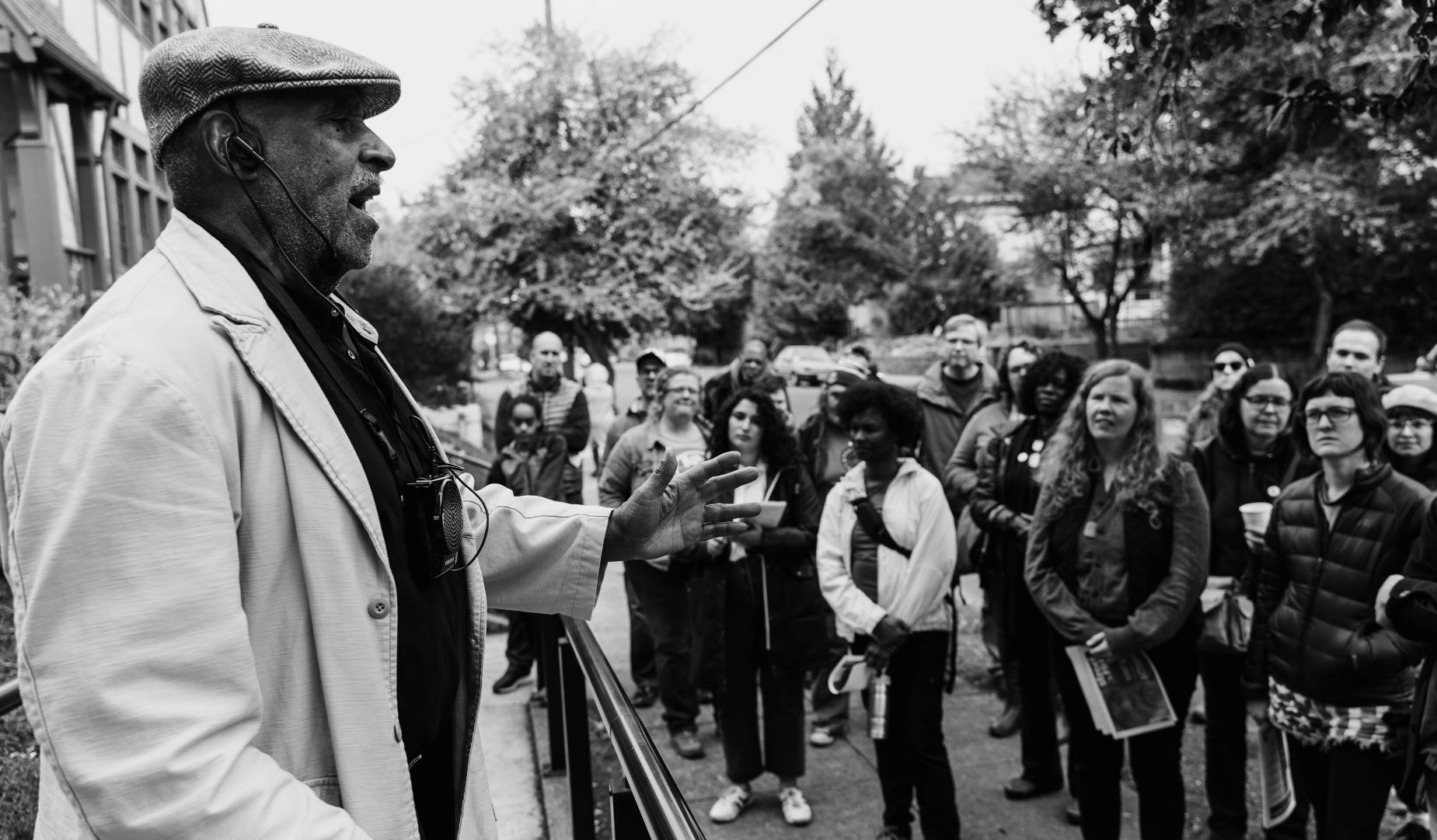Legacy tour preserves the Black Panther Party
The Black Panther Party legacy tour is like walking into the past.
Kent Ford, founder of BPP Portland Chapter, in collaboration with Vanport Mosaic, leads a series of tours across the Albina district titled ”Power to The People: Black Panther Party Legacy Tour,” preserving BPP history and its impact in the Portland community.

As Ford led the crowd, weaving through schools and church buildings, he shared his experiences as a BPP member in the ‘60s and recalled times of community and unification as well as times of hardship and discrimination.
The BPP Portland chapter was originally sparked by Martin Luther King Jr.’s assassination in 1968 when Ford and other like-minded Black people decided to form a group to study the works of Malcolm X and Mao Tse-Tung’s “Little Red Book.” One day in June of 1969, Ford was arrested, beaten and jailed, and as he stood on the steps of the Portland police station on SW 3rd and Oak in 1969, he declared, “We’re going to defend ourselves.”
Standing today in front of what was once the Highland United Church of Christ (now known as Joy Christian Learning Center) along with the crowds that formed, Ford recalled the fruition of the Children’s Breakfast Program, a BPP-led social initiative that provided free breakfast to kids in the community. He laughed as he remembered how the “snake-like” pastor of the white church threatened “someone would burn the church down if they didn’t give the BPP permission to use it.” He reminisced about the well-known cook who—if you caught him before he hit the “sauce”—he’d come and make food for the children, food they very much loved. “Some [people] were so impressed with the breakfast program, you could see tears coming from their eyes,” he said.

He also recalled how the Portland State Black Student Union members would come down and volunteer in some of the social programs, a sense of community and partnership forming in the process.
Toward the end of 1969, BPP had a well-established breakfast program, feeding as many as 125 school children every morning, children of all races. It’s within that time BPP also opened a health clinic, providing free medical care to those in need of it, and a dental clinic in 1970.
Ford said he still sees the youth he helped serve around Portland. “I have kids coming up to me today saying, ‘You used to feed us at church! You use to feed us at the church!’”
These social programs, however, were under scrutiny. Ford recalled J. Edgar Hoover and other officials threatening to shut it down. “They didn’t like people like us,” Ford said, pointing at his skin.
Ford then lowered his voice and spoke to the crowd about the time city officials tried to shut down a breakfast program in the Philadelphia chapter. “Hoover’s guys, they wanted to figure out a way to stop the kids from coming to the breakfast program, and one of them decided to get the ranch and fill it with laxatives. The kids would get diarrhea and would not come back to the breakfast program anymore. When I heard that, I said, nothing is too low for them.”

Hoover, an FBI director at the time, told his intelligence team to neutralize the Black Panther Party in whatever means possible. This led to nationally persecuting, assassinating and arresting members of the Black Panther Party. “They were the bullet, we were the bullseye,” Ford said.
“But the people always watched our back,” he said, alluding to people in the community at the time who volunteered in the breakfast program and clinics. “I just want to say the people always watched our back. That’s why we always say, in anything we do…power to the people.”
The social programs and the BPP were eventually pushed out, with gentrification knocking down the clinics and making way for the expansion of Emanuel Hospital. It’s part of the reason why reviving the history through preserving these landmarks is important, according to Randolph Carter, a member of the BPP Seattle chapter.
“[People] need to understand the history of this area,” Carter said, “and as gentrification pushes people out, something needs to remember what went on here because we may have to come back and figure this out all over again. Let’s not forget history.”
As Ford explained the effects of gentrification on the BPP legacy, he also expressed hope and a sense of empowerment. “We’re like Ali,” he said, “we always come back, we always come back.”
These walking tour events happen in collaboration with Vanport Mosaic and are repeated throughout the year for the purpose of memory activism—remembering where we’ve been and learning for the future.
“This event is important for so many reasons…it is a part of Portland history that could use a more clear understanding and re-telling,” said Jennifer Lundstrom, a regular volunteer on the tours. “The Portland Black Panther Party was involved in so many important civil rights and social justice causes. It is an honor to hear stories directly from someone who was a part of this movement.”
Ford recalled many more stories and visited several other sites in the Albina district, tracing its history along with the crowds. “Students in school, in college, grad school and all that,” he said, “you can’t learn this in the classrooms. You can only learn this on the street corner one on one, one on two, one on three, like this.”
A sit down Q&A and presentation with Kent Ford is scheduled for Feb. 8, 2020.
I’m currently attending the MFA creative writing program with an emphasis in nonfiction at Portland State and hold a master’s in English with a concentration in book publishing. Managing content across different platforms, I incorporate creativity and honesty to connect and engage with our audience.







PLEASE CORRECT; THIS INFORMATION IS WRONG. LEGACY EMANUEL MEDICAL CENTER IS PART OF THE LEGACY HEALTH SYSTEM; OHSU IS A SEPARATE HOSPITAL.
The social programs and the BPP were eventually pushed out, with gentrification knocking down the clinics and making way for the expansion of Emanuel Hospital, which is now Oregon Health & Science University